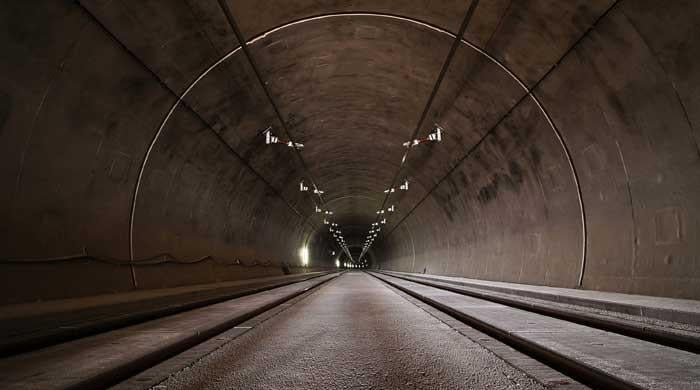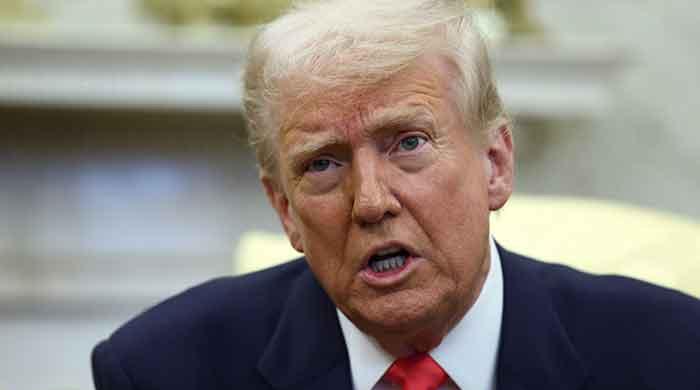Indian PM Modi reviews Indus Water Treaty with Pakistan
India ruled out cancelling the Indus Water Treaty with Pakistan
September 26, 2016
NEW DELHI: Indian Prime Minister Narendra Modi reviewed provisions of the Indus Water Treaty with Pakistan. Modi along with government officials evaluated the pros and cons of the treaty signed in 1960.
According to Indian media, New Delhi ruled out cancelling the Indus Water Treaty with Pakistan but is looking for ways of increasing its use of waters that flow from India but are controlled by Pakistan.
During the meeting Modi was quoted as saying “water and blood can’t flow at the same time”.
The meeting was being attended by Foreign Secretary Subrahmanyam Jaishankar, National Security Advisor Ajit Doval, Principal Secretary Nripendra Misra and other officials.
The decision to review the treaty with Pakistan comes following the Uri attack in Occupied Kashmir in which 18 Indian soldiers killed.
The treaty between Pakistan and India was mediated in 1960 by the World Bank. It is considered a great success story for water diplomacy and in the past has survived conflicts between the two countries.
The Indus Water Treaty allows the flow of rivers into Pakistan from across the border India. Under the treaty the use of rivers and canals between the two countries was divided. Pakistan was given control of the Indus, Chenab and Jhelum while Indian controls Baes, Ravi and Sutlej. The treaty also guaranteed ten years of uninterrupted water supply, during this period Pakistan was to build damns. Pakistan successfully built Warsak, Mangla and Tarbela dams.
In the past, disagreements between the two countries have been settled within the legal framework provided within the treaty. The World Bank’s role in the Indus Water Treaty is limited and strictly procedural.











